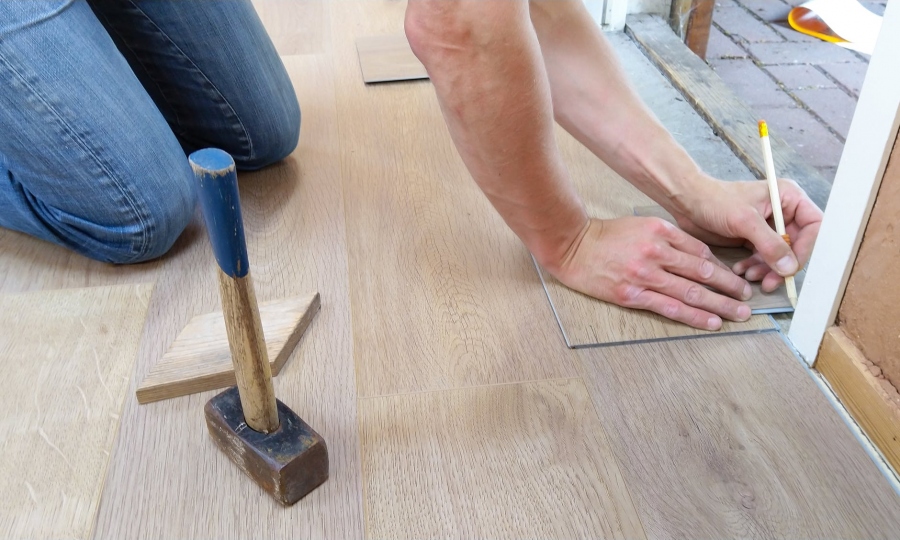It can always be a tough decision when choosing between engineered or hardwood flooring. Just like any product, these 2 options have their benefits. It all comes down to your personal preference. If you’re looking for an answer to what floor may be ideal for you, you might find the answer here.
Engineered Floors
These sort of floors are made of multiple layers that consist of a wear layer, underlayment, and backing. Manufacturers use engineered wood for its durability and stability. These floors tend to last long and they are able to take a beating. Engineered floors can last up to 50 years before needing a replacement. This is why it’s often used in commercial settings such as office buildings or schools.
Natural Beauty From Hardwood Flooring
The advantages to hardwood flooring include the natural beauty with an option for installation over many different surfaces. They require more maintenance than other types of floors due to their sensitivity to changes in humidity and temperature levels. After years of use, you may need to refinish your hardwood flooring because it can get scratched up from objects moving across the surface. If not maintained properly, the floor can be susceptible to mold growth beneath loose boards on top if water leaks in.
A major downside to hardwood flooring is the extensive lifespan, as it requires refinishing every few decades. Installation costs are higher than other types of floors because hardwood flooring needs a lot more material for an initial purchase.
What Option Best Fits You
Engineered flooring, on the other hand, can last up to 5 decades before needing any touch-ups or refinishing. With this type of flooring, there’s no risk of mold growth beneath boards due to its many layers that protect it against moisture from below. This means you won’t have to spend time constantly cleaning your space with harsh chemicals. When comparing prices, engineered wood flooring is more expensive than hardwood.
An engineered wood floor would be the best long-term option because it will last up to 50 years without needing any touch-ups or refinishing. There is no risk of mold growth below boards due to its many layers that protect against moisture from beneath. But if you’d like something cheaper for the short term, then take both options into consideration before making your final decision on what type of flooring best fits your needs.

